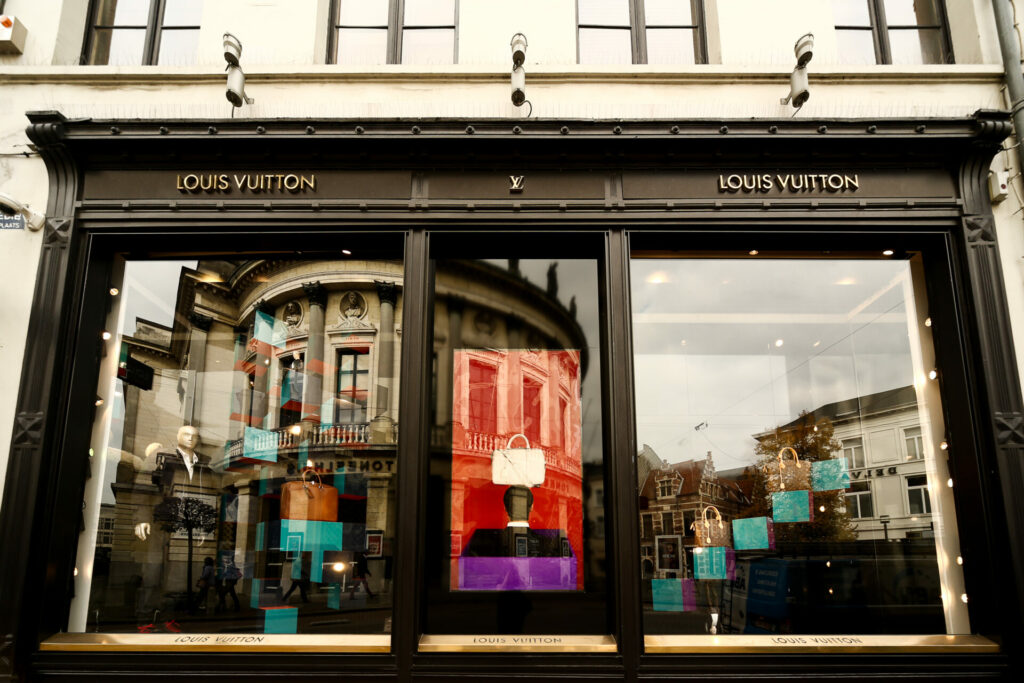Even in the uncertain global economic situation, the major luxury groups are continuing their ascent, making up for the slowdown in sales in China with increases in Europe and the United States, in a sector where they have been able to raise prices without losing their clientele.
The LVMH, Kering, Hermès, L'Oréal, Prada and Moncler luxury groups announced exceptional half-yearly results this week, with worldwide sales rising by 20% to 30% and profits in the same line.
"Demand is there," said Arnaud Cadart, portfolio manager at Flornoy, reports Belga News Agency.
Unlike the retail sector, the luxury goods sector's clientele is made up of the most privileged socio-professional categories, said Cadart: those who are "more affluent and less sensitive to inflation, the risk of recession and fears linked to the slowdown in the labour market."
Geographically, "all markets are up, except for China, which is down a bit," he said.
Strong dollar
This is confirmed by the groups: luxury goods sales are up in the United States, Japan and Europe, compensating for a slower pace in China due to the lockdowns and severe restrictions to fight against Covid-19 in the second quarter.
Prada's sales jumped 89% in Europe and Moncler's went up 42% thanks to the return of tourists, especially Americans who benefit from a strong dollar against the euro.
"In Europe, we have a quadrupling of sales to Americans compared to last year, and we are above 2019," confirmed Jean-Marc Duplaix, financial director of Kering (Gucci, Yves Saint Laurent, Balenciaga, among others) during a conference call with journalists.
The rise of the dollar against the euro is a boon for the luxury goods industry, which produces mostly in Europe (in euros), particularly in France and Italy, but sells all over the world (in dollars).
"We estimate that, on average, the Eurozone accounts for (only) about 15% of the total turnover of European luxury goods companies," according to a note from HSBC Bank in mid-July. Therefore, the sector is benefiting from "strong foreign exchange support thanks to the depreciation of the euro."
Related News
- World could be on brink of recession, new IMF report shows
- Euro slumps below one-dollar mark: How did we get here, and what does this mean?
- Belgian house prices have tripled over the last 50 years
The world's leading luxury goods company LVMH saw its turnover soar by 28% in the first half of the year compared to the same period in 2021, topping €36.7 billion in the period from January to June. A quarter of this increase is due to the currency effect.
Faced with rising raw material and transport costs, the sector can also afford to raise its prices.
"For the moment, customers are unaffected by this increase. Sales in France have increased by 41%, a record," underlined Pierre Michaud, manager at Monocle, referring to the situation of the Hermès group's customers.
At LVMH, which owns Louis Vuitton, Dior and Tiffany, among others, "most of the brands have increased their prices (...) by 3% to 7%, mainly in the first quarter," explained financial director Jean-Jacques Guiony. "When there is a recession, we adjust, and we adapt."

